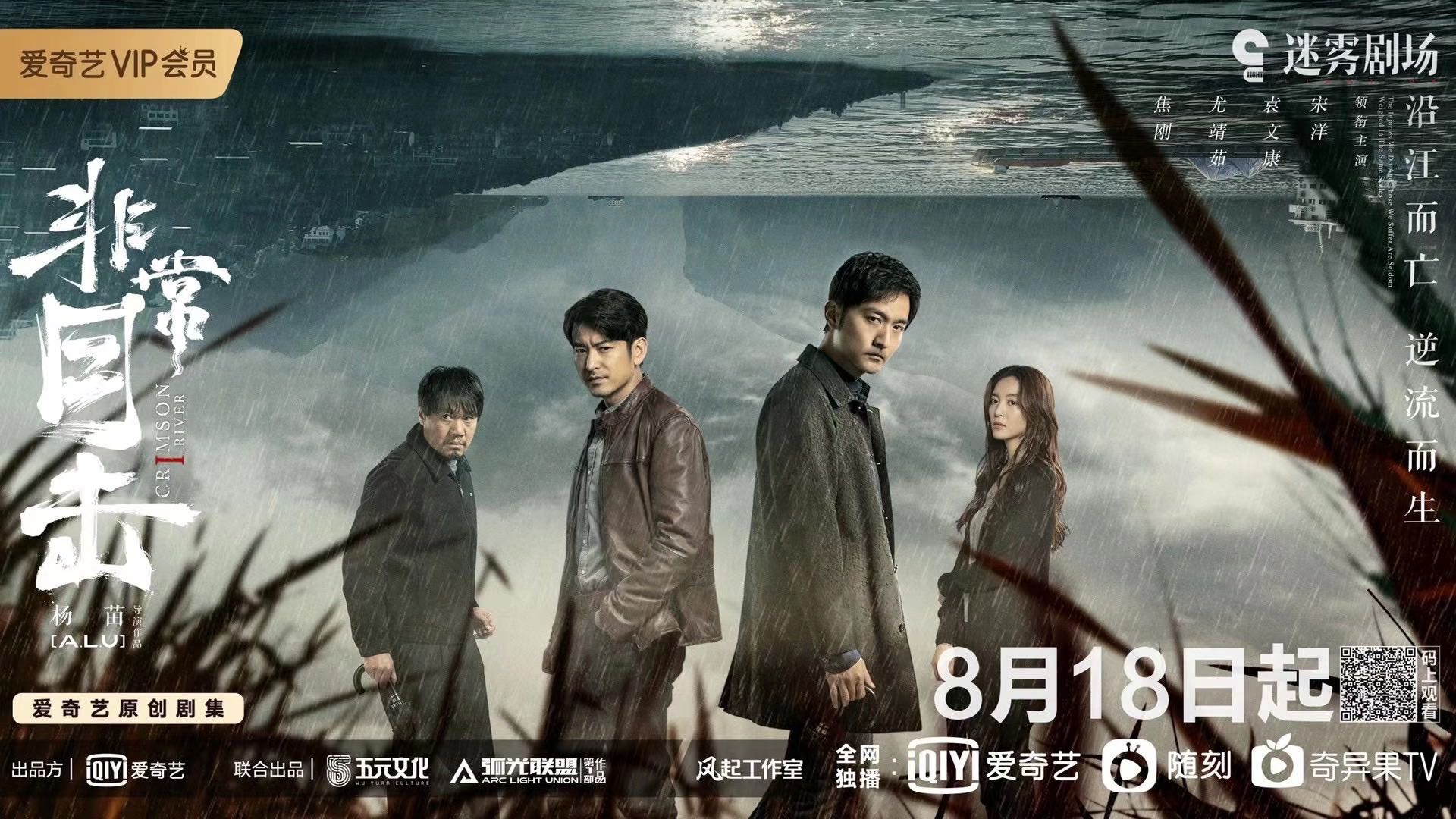
Photo: Courtesy of iQIYI
After a TV drama airs, it doesn't take long before snippets from the latest episode are uploaded to various social media platforms, either by viewers eager to share their favorite moments with friends or amateur reviewers looking to break down the latest plot twists.
The third chapter in iQIYI's Light On series, Crimson River, debuted on Tuesday. Due to the popularity of the second chapter, The Bad Kids, the suspense drama has been highly anticipated by netizens hoping it can continue the series' high quality.
Almost immediately after its debut, video clips from the drama have gone viral on Sina Weibo and short video platforms.
This has also been the case for other hot dramas, such as fantastical romance drama Love and Redemption.
However, these videos can be a double-edged sword for studios. While they offer a channel for producers to market their works, they also pose a challenge when the contents of videos act as spoilers that can turn off potential viewers or act as alternate abridged versions of the shows so viewers don't have to watch the full versions.
Some netizens have commented on Sina Weibo that after watching various scenes from TV dramas through short videos, they lost interest in watching the full version.
"I can almost understand the whole story by watching the short videos and have no patience to wait and watch the full drama every day," noted one netizen in a post that reflects the opinion of many other young viewers.
For many young viewers, they will not immediately watch a drama as soon as it debuts. With the internet at their finger tips, many will decide to first head online and check out social media platforms such as Chinese media review platform Douban or Sina Weibo to see what others are saying about these shows before they make a commitment. Or for those who are too strapped for time, they may decide to just follow the story of a drama by watching recaps on short video platforms like Douyin.
Shi Wenxue, a cultural critic based in Beijing, told the Global Times on Wednesday that this trend tells TV drama producers that viewers will not put up with shows with laggard plots and that they will quickly abandon low-quality dramas.
Shi also noted that the trend may limit drama producers, since they may decide to make narratives more simplified.
"The trend requires a lot from TV dramas. Producers should stick to their own artistic pursuits, as well as understanding the needs of audiences," he added.
